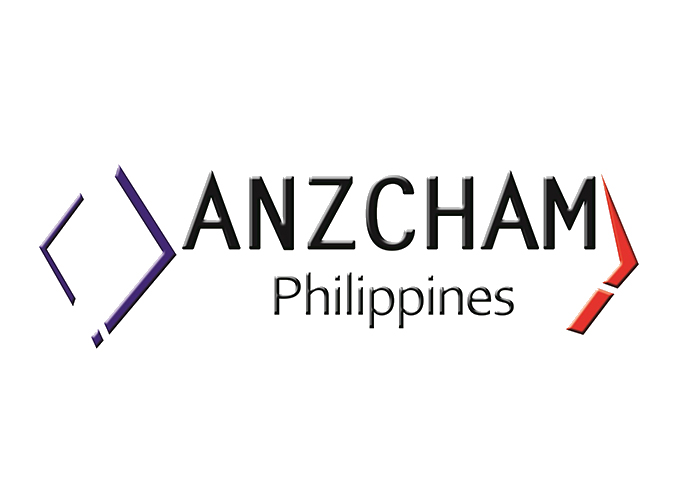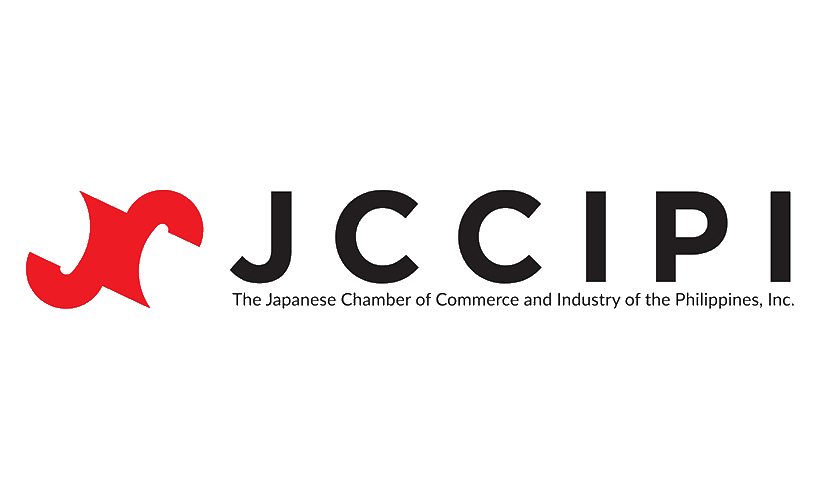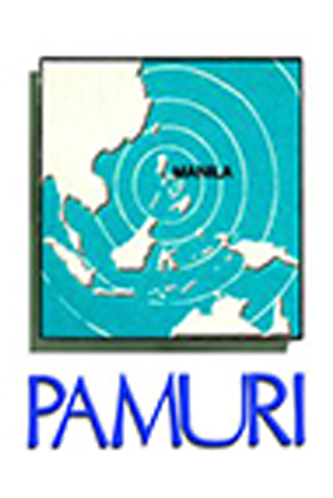Philippines ranks zero in R&D
October 6, 2011 at 16:20
This is a re-posted opinion piece.
MANILA, Philippines — The Philippines ranks at the very bottom – where it is tied with Bangladesh – of a recent survey of IT competitiveness in research and development (R&D).
This means less R&D takes place in the Philippines (0.0) than in Indonesia (0.1), Sri Lanka (0.1), and Vietnam (0.2). The survey, IT Industry Competitiveness Index 2011, was developed and is administered by the Economist Intelligence Unit (EIU) for the Business Software Alliance (BSA).
In this year’s survey, the Philippines dropped a notch overall from 51 to 52 out of 66 countries. Singapore was number three in the world, up six places, after the United States and Finland. Taiwan was 13 and Japan 16. South Korea, which was down three places, and Hong Kong tied for 19, with Hong Kong rising two slots. Within Asean, only Indonesia and Vietnam overall fared worse than the Philippines.
The results are surprising, but not. No one believes that no R&D takes place in the Philippines, although it is true that compared to its neighbors, the Philippine government invests precious little in fundamental research. But as I wrote last week about a company called Morphlabs, some impressive R&D does take place.
And although startup R&D is hard to come by, large local and multinational technology companies including Conti Temic, IMI, Lexmark, Nokia, and TrendMicro are doing it but have nothing to gain from sharing that information.
One of the reasons they have nothing to gain is that there are no brownie points for pointing to research being conducted in the Philippines. The popular myth associated with the Philippines is that it is a center for low-value voice services for the business process outsourcing industry (BPO). Its major IT-BPO competitors – India and China – seek to perpetuate this myth so that high-value, complex services come their way.
So far, they are being effective doing so with the result that there is no or little prestige to be associated with outsourcing value-driven, high-margin original R&D and other work to the Philippines. While these competitors have obvious strengths particularly in high-value IT services, they are successful in “positioning” the Philippines as a mature low-cost, low-value services center because the Philippines does little to communicate its positive attributes and capabilities.
That reluctance to communicate also explains the poor showing – at least in part – that the Philippines routinely turns in on competitiveness surveys. The BSA IT competitiveness survey results show that the Philippines is perceived as an IT backwater.
The reality is different, although the Philippines can certainly improve its IT competitiveness. In fact, the BSA survey, composed of six categories, does show some appreciation of the Philippines. For instance, it scores reasonably high in the business environment category (67.8), roughly par with Malaysia (69.6), but that is significantly lower than Thailand (78.8) even with all its problems.
As a result, even when the Philippines does okay in a competitiveness category, its scores offer no distinctiveness and no real competitive advantage compared to its neighbors. And aside from being at the bottom of the R&D category, there are other dangerous misconceptions about the Philippines, which do it a disservice. For example, despite the Philippines “vaunted” telecom infrastructure, it scores just 7.3 in that category.
One reason is low broadband Internet penetration, which is also expensive for consumers in the Philippines compared to consumers in Southeast Asia in general. That’s a huge irony, given the tight embrace with which Filipinos have engaged the Internet. Estimates vary, but about one third of Filipinos use the Internet. Because the culture is very social, almost every Internet user has a Facebook account.
Seventy-three percent are between 18 and 44 years old according to Social Bakers, which tracks the use of social media. So most Internet users are of productive age and have expendable income. This makes them valuable to brands like Smart, Hair Experts, Starbucks, Nescafé, and Red Horse, which have the largest number of Facebook fans among Philippine brand pages on the social network.
Auction sites and online retail malls are popular, too.
Does this suggest that perception of the Philippines’ IT competitiveness is simply flawed, or that Filipino users have taken to the Internet in significant numbers despite the hurdles? It’s probably both. Unfortunately, the not-so-hot perception of the Philippines’ IT competitiveness doesn’t end there. Surprisingly, the Philippines turned in a less-than-mediocre score for human capital (34.9), lower than that of Croatia (36.4).
The legal environment is mediocre at 50.5. That’s almost 10 points less than Malaysia, which scored 59.5, where the legal system is used by the party in power to undermine and jail opposition politicians. Support for IT industry development was also lukewarm at 51.0, roughly at par with Thailand (54.2) and significantly behind Malaysia (58.2) which competes aggressively with the Philippines for IT-BPO investment.
The BSA survey reveals some weaknesses. Some are real. Some we just allow to seem real.
* * *
(Michael Alan Hamlin is the managing director of TeamAsia and a Manila-based author. His latest book is High Visibility: Transforming Your Personal and Professional Brand. Write him at [email protected].).
==============================================================================
By: Michael Alan Hamlin – Bottomline
Source: Manila Bulletin, Oct. 5, 2011
To view the original article, click here.




























